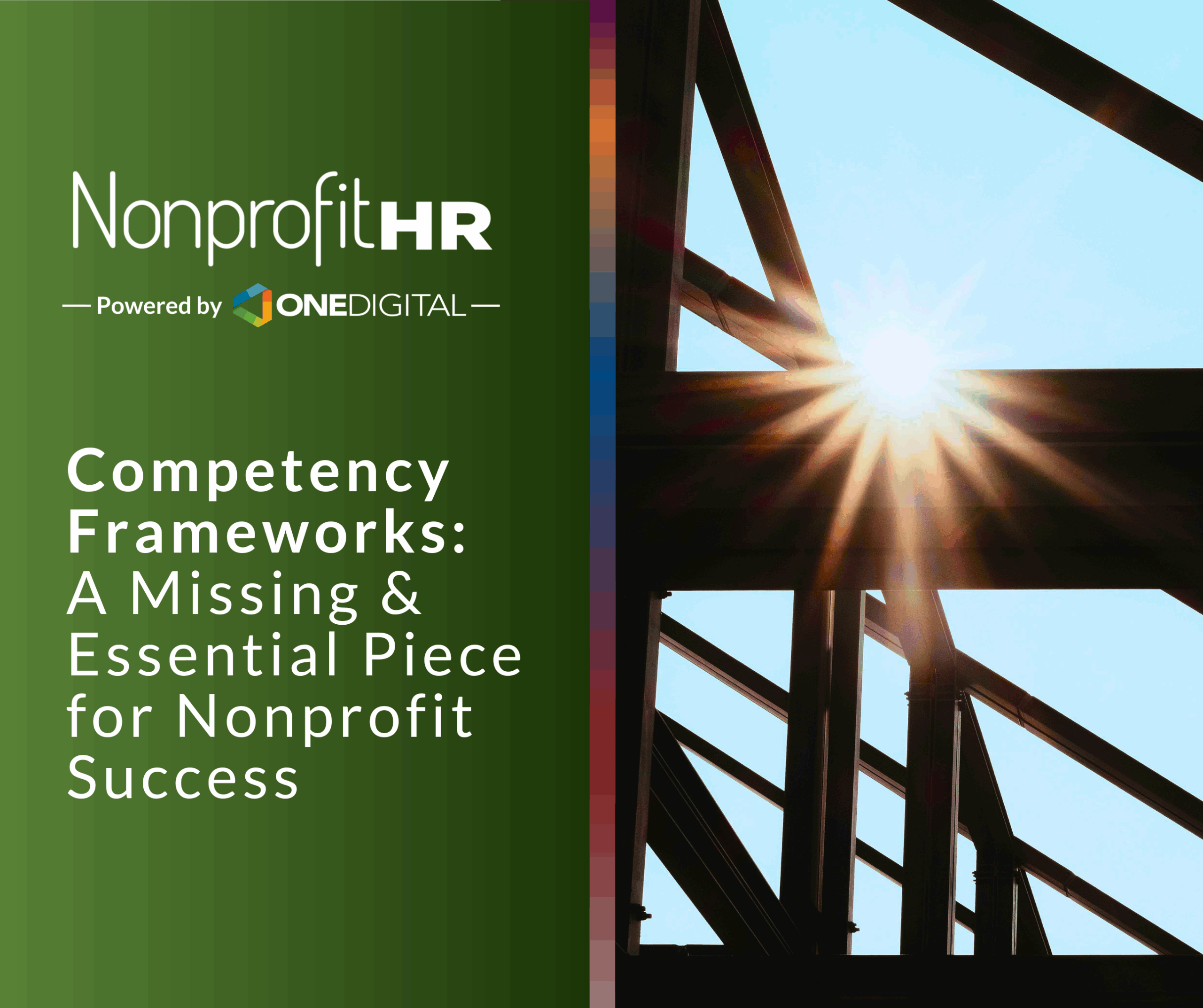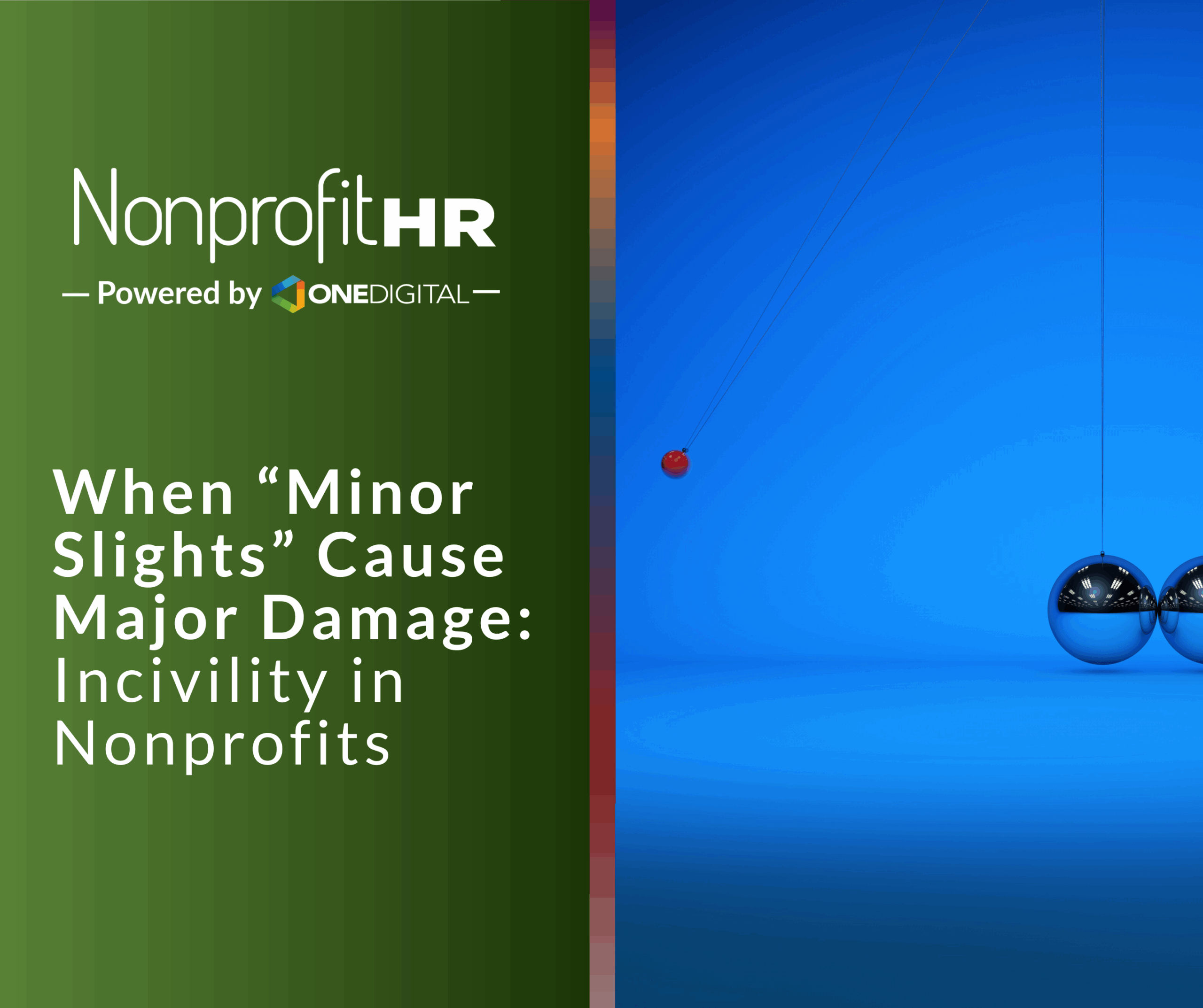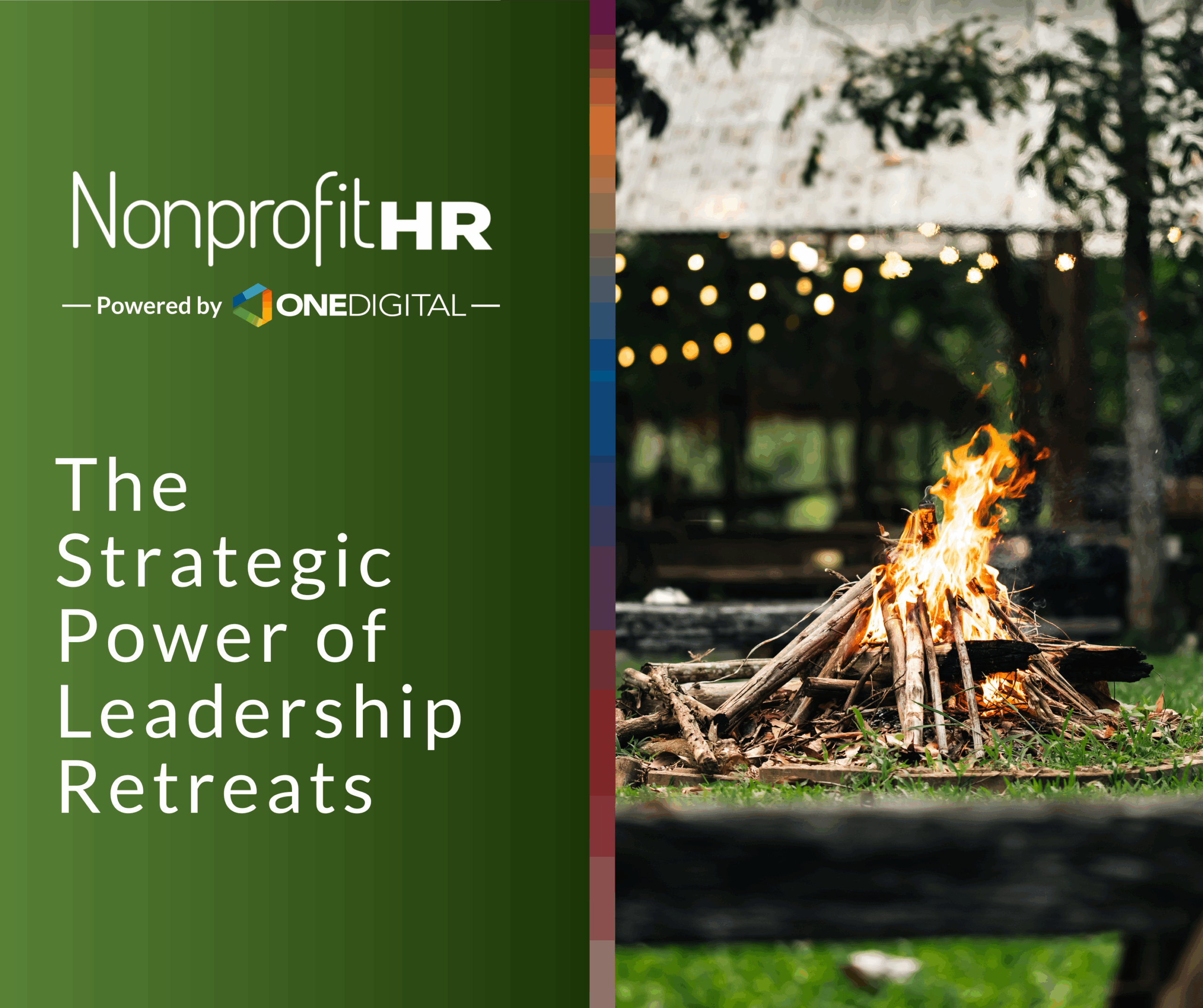WTOP: 5 ways nonprofits can…
Jason Lauritsen of Talent Anarchy taught me that hacking is, basically, the pursuit of making something more awesome. This particular presentation was about human resources and innovation, so we practiced breaking down aspects of our work that weren’t awesome and then brainstorming ways to try to make those same aspects more awesome. It was incredibly eye-opening and motivating. Even better, it was incredibly easy. Anyone could follow the steps of identifying a problem area, breaking it down into its component parts and then systematically making changes to individual components to see what has the best results. Like any organization, Nonprofit HR (my employer) has areas to improve upon, but for the purposes of this blog, I am going to focus on the ways my employer is awesome (and yours can be too)!
1) We laugh. Like a lot. As in, we once held a staff meeting in another organization’s office and they asked us to quiet down. Our monthly all-staff gatherings when our Chicago team and our off-site consultants all come to our DC office to meet together remind me more of family reunions than those corporate meeting scenes that we’ve all seen on TV (they’re funny because they’re true). We laugh about the latest antics of someone’s child/niece/sibling. We laugh at viral videos, personality quirks, and spilled milk. While you may be thinking that this sounds like we are a group of goofs who lack professionalism and maturity, I would like to suggest that the opposite is true. According to Peter Bregman, all this laughter is a sign of focus and indicates that we are quite a productive bunch. I know some workplaces where this much laughter would be seen as a sign that staff weren’t working, but I confidently stand with Bregman on this issue. I have never worked with such a productive, motivated and focused team. I encourage you to commit to laughter as a part of your goal-setting for 2014.
2) As I talked about in my Thanksgiving post, we have unlimited paid leave. Personally, this has meant that I am not distracted by stressing about how many paid days I have to fit in doctor appointments, family commitments and attending to personal business that must happen during business hours. Our leave policy takes all of that stress out of the equation so that I can focus on doing my best work possible when I am at work and, when I’m not at work, I am free from anxiety about a smaller paycheck or other adverse consequences of taking time off. If employee health is not currently a priority at your workplace, I recommend gathering the evidence about the benefits of generous leave policies and examining making changes. I know this won’t work everywhere – you have to have an organization with trust at its core; but if you do, then I strongly believe that this will help you recruit and retain top talent as well as increase employees’ productivity.
3) We don’t sweat the small stuff. I remember being told in my interview about the entrepreneurial spirit of this team. In practice, this means that every member of the team is encouraged, even expected, to take risks in their work. If you think you can do something better, try it. Maybe it works and we get more efficient. But if it doesn’t work, that’s alright too. We keep it moving. My boss always says that if we’re going to fail, fail fast and move on! When employees feel like they do not have room to be creative and take risks, the whole group suffers by remaining stagnant in rapidly-changing times. Find ways to take risks with consequences that are manageable if they fail.
None of these things cost money to implement. Admittedly, these are changes that take time, but if you are looking to hack your culture to increase productivity and motivation among your workforce and make working more awesome, this may be a good place to start.
Tell us how your employer/job is awesome! We can be found on Twitter, Facebook and LinkedIn and we love to hear stories from nonprofit professionals.





























